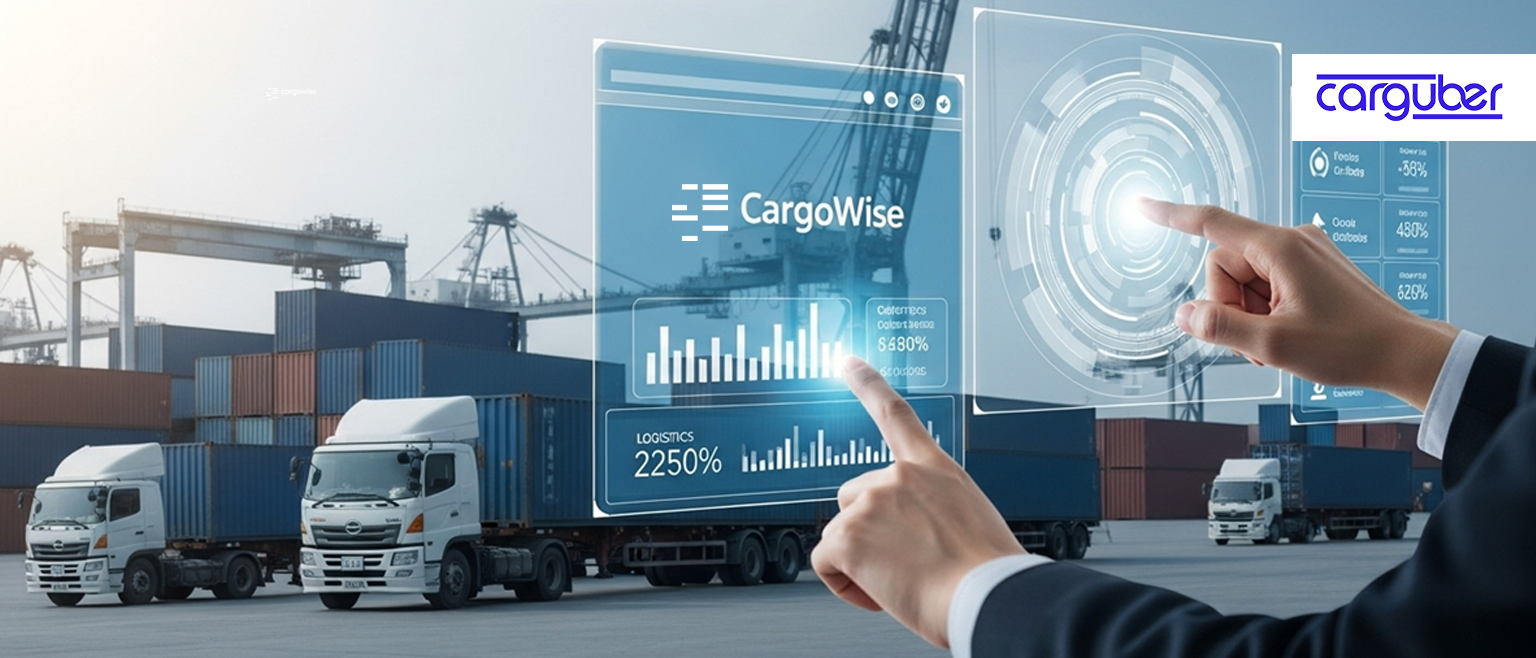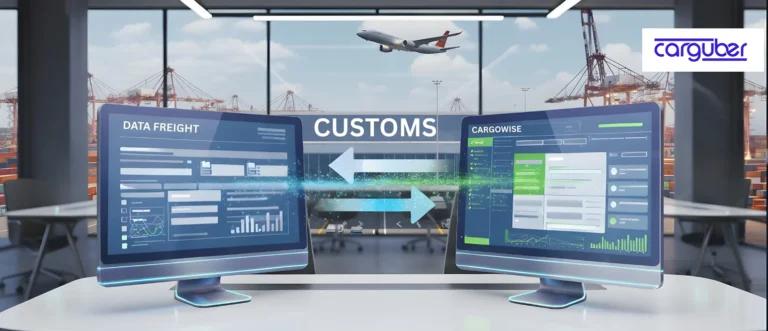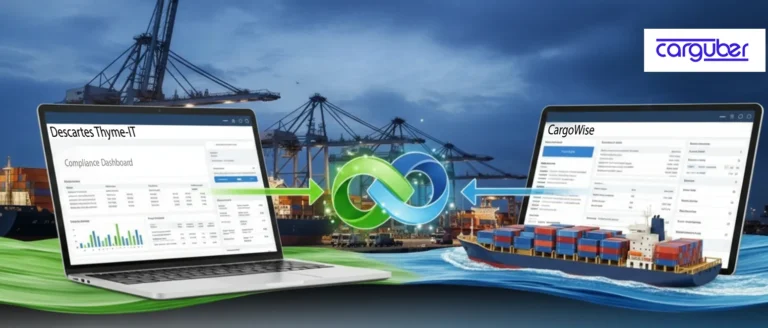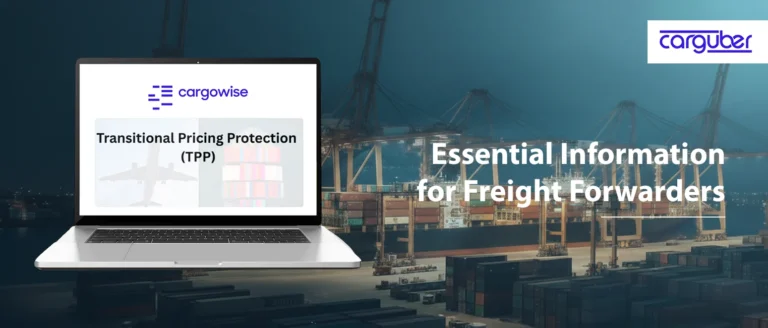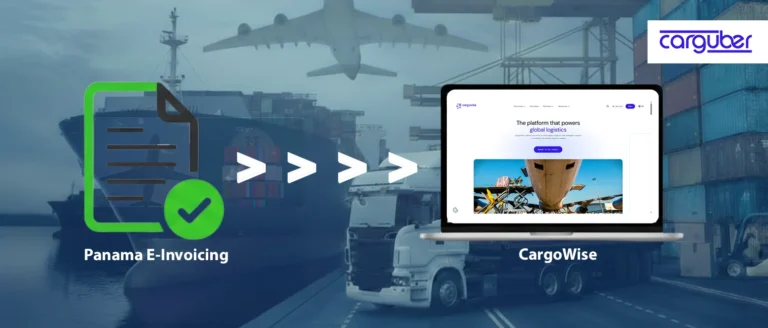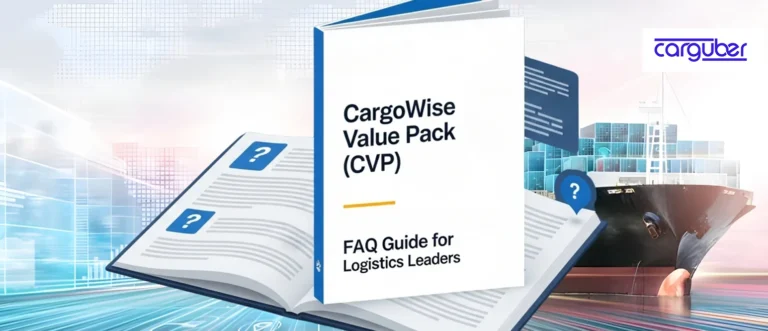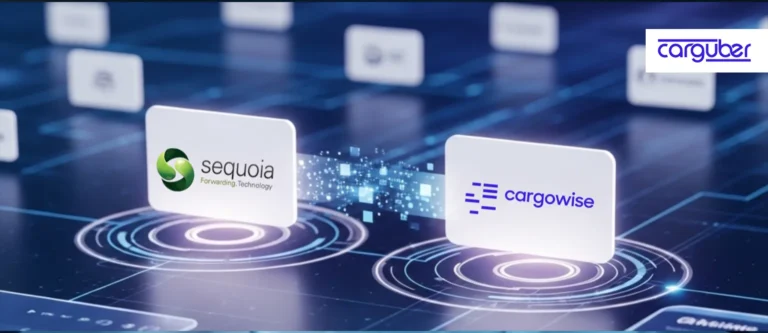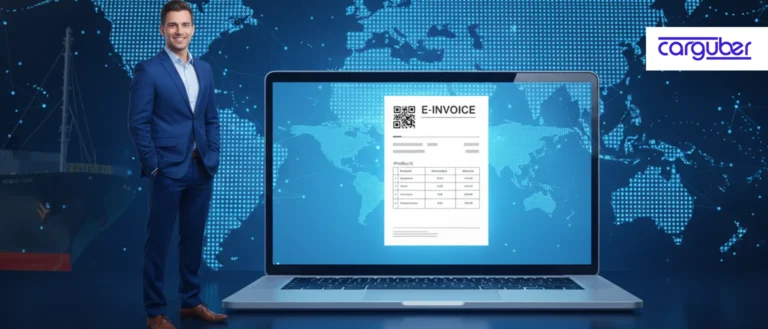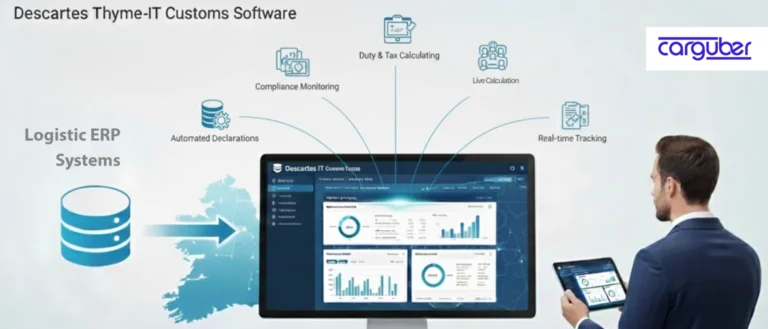What is the Smartest Way to Get Help with CargoWise Implementation Today?
To remain competitive and responsive in a global supply chain, freight forwarders and logistics providers must implement integrated systems that enable real-time operations, ensure regulatory compliance, and provide end-to-end visibility. That’s why many businesses choose CargoWise, an industry-leading logistics ERP software designed to centralize and simplify complicated logistics and supply chain processes.
The real challenge isn’t just adopting CargoWise; it’s unlocking its full potential without overwhelming your team. That’s why partnering with a CargoWise consultant is no longer a choice; it’s a smart move to excel in your ERP. With expert guidance, you can avoid costly pitfalls and turn your ERP investment into simplified processes, better data, and real operational impact.
What is CargoWise Implementation?
CargoWise implementation is the process of setting up, customizing, and integrating CargoWise within a logistics or freight forwarding business. It focuses on tailoring the platform to specific workflows, training teams for maximum performance, and ensuring smooth integration with supply chain, finance, compliance, and customer service operations.
A complete implementation may involve setting up:
- Operational modules like forwarding, customs, transport, and warehousing
- Financial modules, including billing, accounting, and e-invoicing
- Document customization for quotes, bookings, shipping instructions, and invoices
- Role-based user dashboards and security controls
- External integrations with ERPs, CRMs, carrier platforms, and analytics tools
The purpose of implementation is to ensure that all team members, from operations and finance to sales and warehouse personnel, can work together smoothly within the system to achieve higher accuracy, workflow automation, and productivity.
Complexity Behind CargoWise Implementation
CargoWise provides great scalability and integration advantages, but it also increases complexity. Every business has its operations, compliance needs, and consumer expectations. Aligning the system with these standards is not an easy task; it requires strong technical skills and extensive functional knowledge.
Some of the Key Complexities Include:
1. Multi-Branch and Role Setup
Many logistics businesses operate in various locations, which requires a well-organized multi-branch hierarchy with clearly defined department workflows and security measures, and user permissions and task flows must be precisely mapped to avoid overlaps and operational delays.
2. Workflow Configuration
CargoWise allows complete customization of workflows, milestones, status updates, and automated triggers. While this provides flexibility, creating efficient workflows needs an extensive knowledge of both logistics operations and CargoWise’s built-in logic rules.
3. Regulatory Compliance
Compliance is never one-size-fits-all. Each country has its own set of documentation and reporting standards, including customs clearance and fiscal reporting forms. These compliance requirements must be built into CargoWise during the setup process to avoid delays or penalties.
4. Integration Requirements
Integration is a crucial part of CargoWise, connecting with platforms like SAP, Oracle, Microsoft Dynamics, NetSuite, and BI tools. It enables smooth data flow, centralized information, automated processes, compliance, and accurate reporting, all requiring careful mapping, testing, and ongoing maintenance to minimize errors and maximize efficiency. Also, a well-structured BI Dashboard Solution further enhances this integration by transforming real-time data into actionable insights, helping teams monitor KPIs, track performance, and make informed decisions instantly.
5. Data Migration
Migrating old data, such as customer information, shipment histories, and financial records, requires precision. Poor data quality or inconsistent mapping can harm system performance and impair analytics. Careful validation and cleaning of data before migration are essential to ensure a smooth and reliable implementation.
Due to these levels of complexity, even small setup errors might result in long-term operational challenges. That is why implementation should always be overseen by a CargoWise implementation expert.
Common Mistakes in CargoWise Implementation
Do you know that several companies face difficulties during CargoWise implementation due to typical mistakes? These mistakes are frequently the result of attempting to save costs, rushing deployment, or relying too much on internal staff who lack domain-specific knowledge.
1. Underestimating the Planning Phase
Companies sometimes skip or rush the discovery process, resulting in system designs that do not accurately reflect how teams perform. A proper planning process assists in identifying pain spots, user requirements, and technical restrictions.
2. Poor Master Data Management
CargoWise relies heavily on clean, accurate master data. Incomplete or incorrect data, such as ports, carriers, tariffs, or customer records, can disrupt workflows, cause billing errors, and lead to inaccurate reporting.
3. Minimal User Training
Even a perfectly configured system can fail if employees aren’t properly trained. Without a full understanding of CargoWise functionalities, teams may rely on manual workarounds, undermining the benefits of digital transformation.
4. Inadequate Testing Before Go-Live
Skipping system testing, particularly user acceptability testing, can lead to live setups full of oversights, misconfigured settings, and unused features. It is eventually slowing operations and frustrating employees.
5. Ignoring Automation Opportunities
CargoWise offers extensive features like automated billing, alerts, and document generation. Failing to activate or correctly configure these tools can impact productivity and reduce ROI.
Avoiding these challenges is easier when working with CargoWise consultants who understand both logistics operations and the system’s setup and configuration.
Importance of Choosing the Right Partner for CargoWise Help
Not every CargoWise consultant is the same. Some specialize in financial configuration, while others are skilled in automation, screen customization, or warehouse operations. Choosing the correct implementation support needs to take into account both technical expertise and logistics industry experience.
Here’s How Carguber Makes this Process Smarter:
- Service Transparency: We list services such as registry setup, customs documentation, and system integrations so you know exactly what to expect. This transparency helps you plan effectively and avoid unforeseen issues during the implementation process.
- CargoWise Expertise: Only experienced, logistics-focused professionals with domain expertise handle your implementation, ensuring thorough knowledge of both CargoWise and industry workflows.
- Use Case Alignment: On Carguber, you can choose experts based on your specific operational needs, whether it’s air freight, ocean freight, customs clearance, or warehousing. This ensures that they align with your business needs and deliver solutions tailored to your business processes, maximizing efficiency and effectiveness.
- Scalability: Whether you require support for a single project, a specific module, or a complete CargoWise end-to-end implementation, Carguber offers the flexibility to scale services according to your business needs.
Conclusion
CargoWise is an exceptional logistics platform, but enabling its full potential requires more than just Implementation; it includes expert-led execution and hands-on support. Relying on outdated consultants or generic guidance often leads to delays, frustration, and missed growth opportunities.
To stay ahead, logistics companies need expert CargoWise consultancy professionals who understand both the software and the industry. With the right expertise, you can execute proper implementation, simplified workflows, and reliable support that keeps your operations running seamlessly.
